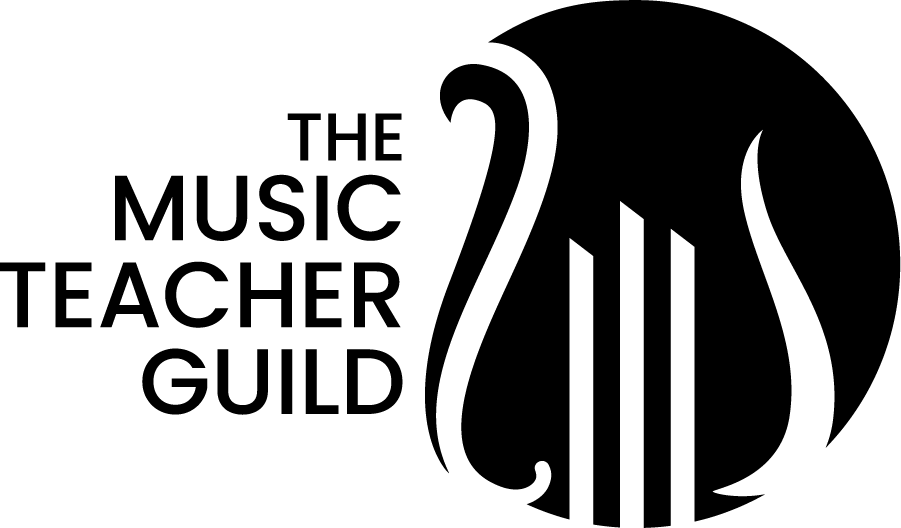Breaking into Music Education Consultancy: Steps, Skills, and Opportunities
Picture this: You’re a seasoned music educator, and as much as you love guiding students, you’re eager to expand your influence beyond the classroom. You’ve heard about consultancy as a viable path—working with schools, nonprofits, and other educators to implement programs, develop resources, and foster student engagement on a larger scale. Welcome to music education consultancy, a field where your teaching experience, creativity, and leadership can meet new challenges and opportunities. With music education evolving rapidly, now is an ideal time to consider taking your passion for teaching into the realm of consultancy. Ready to explore?
Music education consultancy is a promising path for seasoned educators looking to expand their careers beyond the traditional classroom. With schools, arts organizations, and private institutions increasingly seeking expert guidance on music programs, there’s a wealth of opportunities for music educators to step into consultancy. In this guide, we’ll walk through the benefits, essential skills, and steps to start building your music education consultancy practice.
Why Consider a Career in Music Education Consultancy?
Consultancy offers numerous advantages for music educators. One of the most appealing aspects is the flexibility to choose projects that align with your interests, whether that’s curriculum development, teacher training, or resource creation. As a consultant, you can make a significant impact by guiding institutions in enhancing their music education offerings, reaching more students and educators than possible in a single classroom.
The demand for skilled music education consultants is on the rise. Many schools and educational organizations are updating their music programs to align with modern approaches, digital tools, and diverse learning styles. Experienced consultants bring value by helping these institutions address educational gaps and improve program effectiveness, making consultancy both fulfilling and essential.
Essential Skills and Qualifications for Success
To excel in music education consultancy, certain skills are key. First and foremost is a strong foundation in music pedagogy and curriculum design. Most consultancy projects involve advising on teaching techniques, lesson planning, and assessment methods. Having a track record of success in teaching music will help build trust with potential clients.
In addition to pedagogy, business skills are also essential. As a consultant, you’ll be marketing your expertise, managing client relationships, and setting project goals. Basic project management, networking, and communication skills are invaluable, allowing you to efficiently manage tasks, communicate expectations, and achieve successful outcomes.
Finding Opportunities in Music Education Consultancy
To begin, start by tapping into your existing network. Reach out to local school districts, private music schools, and community organizations that might be interested in consulting services. LinkedIn and professional music education forums are great online platforms for sharing your expertise and connecting with potential clients.
Another effective strategy is to build a portfolio by offering your services at a reduced rate initially or volunteering with local arts organizations. This experience can provide you with case studies to showcase your work and establish credibility. Highlighting results—such as improved student engagement or enhanced curriculum quality—can help demonstrate the value of your consultancy services.
How to Build Your Music Education Consultancy Brand
As you establish yourself, building a strong personal brand is crucial. Think about what sets you apart—whether it’s expertise in technology integration, specific age groups, or creative curriculum approaches—and use this to create a unique profile. Building an online presence through a website or professional social media profiles can further boost visibility.
In addition to social media, consider blogging or creating content on platforms like LinkedIn to showcase your knowledge. Sharing insights, case studies, or even simple educational tips can attract interest and position you as an authority in music education consultancy.
Next Steps for Aspiring Consultants
Getting started can be as simple as offering a workshop or consulting on a single project. From there, you can gradually build a pipeline of clients and projects, moving towards a sustainable consultancy business. Document each project’s outcomes and client feedback, as these testimonials can be instrumental in attracting more opportunities.
Music education consultancy is an exciting way to amplify your impact, reach new communities, and challenge yourself in fresh, rewarding ways. By taking a proactive approach to developing your skills, building your brand, and establishing connections, you’re on your way to a fulfilling career as a music education consultant.

